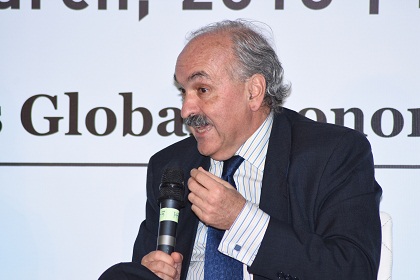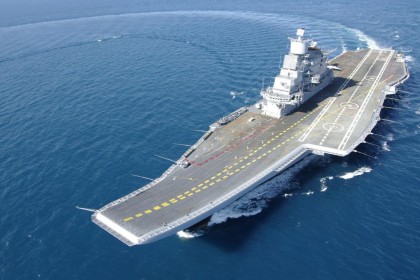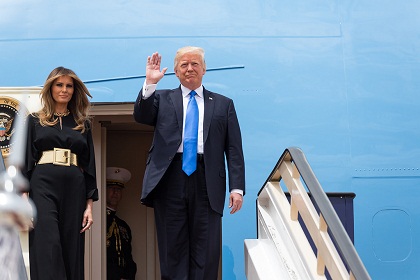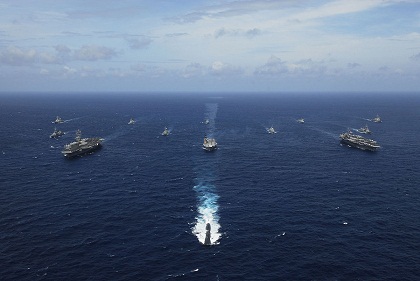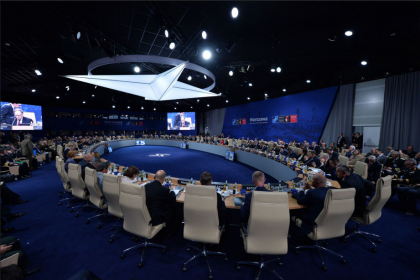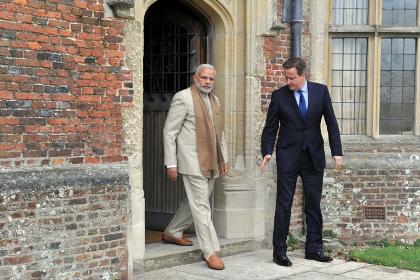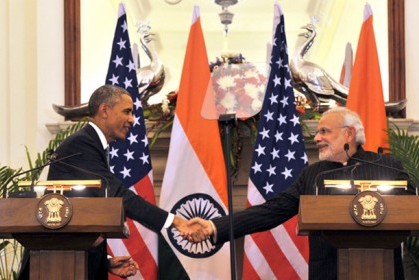A conversation with Argentina’s G20 Sherpa
Gateway House co-hosted two conferences, the Think20 Mumbai meeting and the Gateway of India Geoeconomic Dialogue on March 12-13. The events brought together prominent experts, academics and senior government representatives. In a series of interviews conducted by Gateway House during the conference, Pedro Villagra Delgado, Argentina’s G20 Sherpa, spoke on the common concerns that unite his country with India


